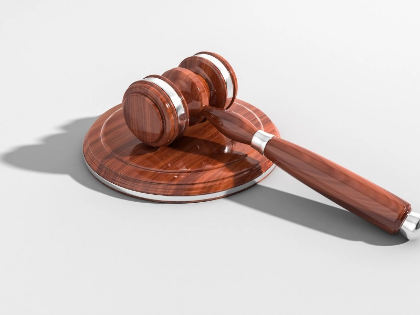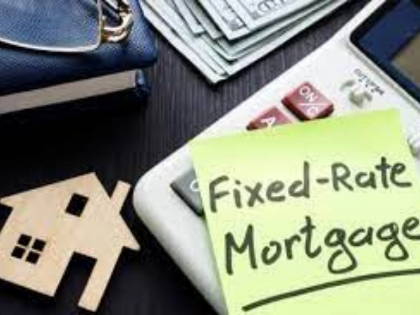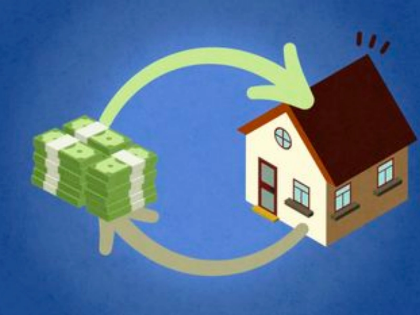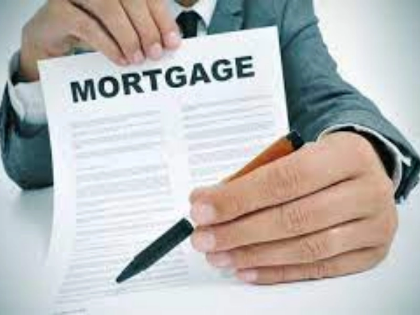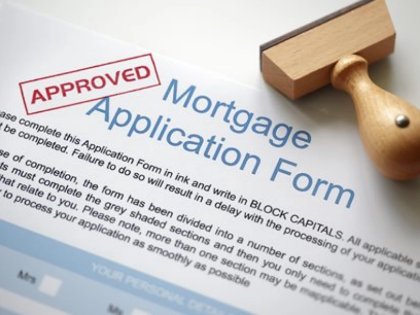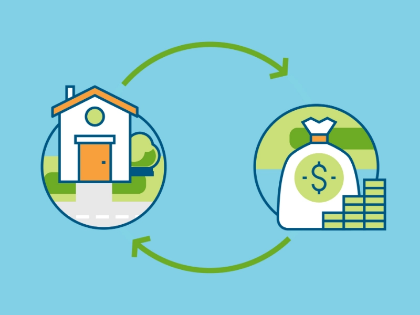Loan Types That Are Refinanceable
There are numerous home refinance options available to help you achieve your financial objectives, including lowering interest rates, modifying loan terms, and accessing equity. Determine your goal before applying, then compare lenders to get the best deal. When you refinance your mortgage or auto loan, you must give lenders the same documentation you gave them when you first applied for the loans, such as pay stubs, proof of income, and evidence of homeowners' or auto insurance. Think about the following categories of refinancing:
1. Financing at a Fixed Rate
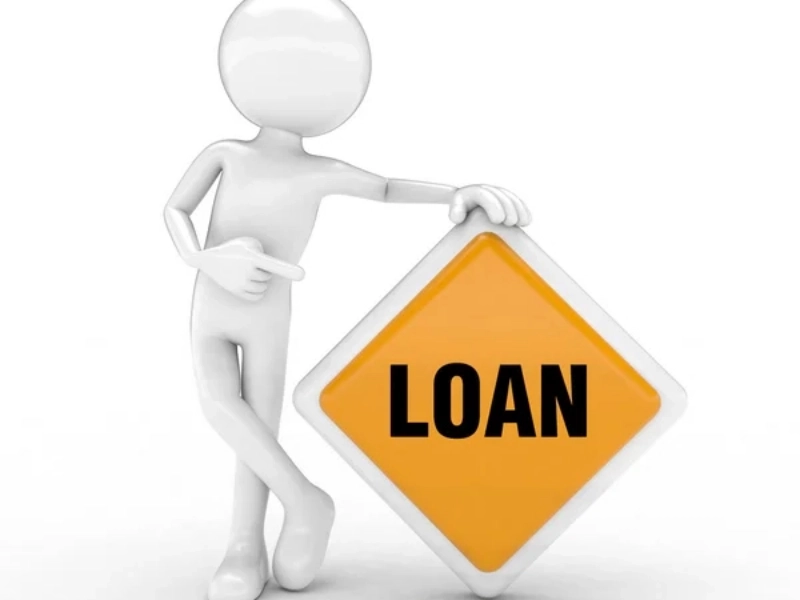 Mortgage loans are used to buy houses and take out loans secured by the equity in those residences. Their loan periods, like thirty years, are fixed, as is their interest rate. Your lender may foreclose on your home to reclaim the debt if you don't make mortgage payments on time. In order to recoup part or all of your losses, the lender may also decide to sell the property for less than what you owe.
If you can get a better rate and a smaller monthly payment, refinancing a fixed-rate mortgage can be advantageous. But the procedure costs money and takes time.
Among the many advantages of auto refinancing are decreased interest rates and higher credit scores. This may increase your appeal to lenders who provide refinancing for autos and mortgages. If your debt-to-income ratio prevents you from being eligible for mortgage refinancing, a car loan may still be able to help. You might be able to qualify for a mortgage by refinancing your auto loan for a shorter term, which will help your DTI ratio.
Mortgage loans are used to buy houses and take out loans secured by the equity in those residences. Their loan periods, like thirty years, are fixed, as is their interest rate. Your lender may foreclose on your home to reclaim the debt if you don't make mortgage payments on time. In order to recoup part or all of your losses, the lender may also decide to sell the property for less than what you owe.
If you can get a better rate and a smaller monthly payment, refinancing a fixed-rate mortgage can be advantageous. But the procedure costs money and takes time.
Among the many advantages of auto refinancing are decreased interest rates and higher credit scores. This may increase your appeal to lenders who provide refinancing for autos and mortgages. If your debt-to-income ratio prevents you from being eligible for mortgage refinancing, a car loan may still be able to help. You might be able to qualify for a mortgage by refinancing your auto loan for a shorter term, which will help your DTI ratio.
2. Modifiable-Rate Mortgage
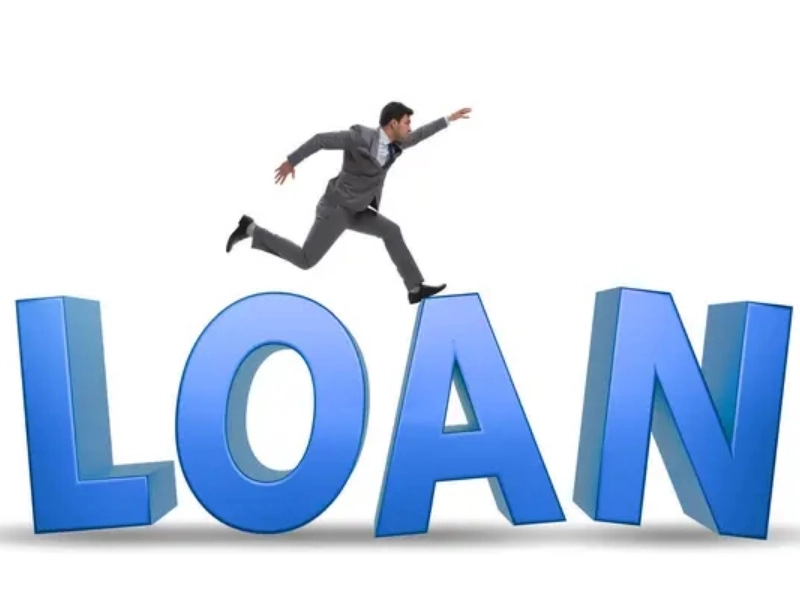 Since mortgages are backed by your house, failure to make payments may result in property seizure by lenders. An automobile loan, on the other hand, is unsecured, and the lender can only recover its costs by selling your car.
Comparing ARMs to fixed-rate mortgages, ARMs often feature a shorter starting term and a lower interest rate. As a result, when their ARM is about to expire or they would like to reduce their monthly payment, homeowners frequently convert their ARM into a fixed-rate mortgage.
If your credit score has improved since you initially obtained the loan and you intend to sell your home before the adjustable-rate period resets, refinancing an ARM may also be a wise financial decision. You can decide if you should refinance to a fixed-rate mortgage with the assistance of your lender. You will have to pay closing expenses for the new loan, just like you did when you closed on your previous mortgage. However, as part of the refinancing procedure, these costs might be included in your loan amount or paid for by your lender.
Since mortgages are backed by your house, failure to make payments may result in property seizure by lenders. An automobile loan, on the other hand, is unsecured, and the lender can only recover its costs by selling your car.
Comparing ARMs to fixed-rate mortgages, ARMs often feature a shorter starting term and a lower interest rate. As a result, when their ARM is about to expire or they would like to reduce their monthly payment, homeowners frequently convert their ARM into a fixed-rate mortgage.
If your credit score has improved since you initially obtained the loan and you intend to sell your home before the adjustable-rate period resets, refinancing an ARM may also be a wise financial decision. You can decide if you should refinance to a fixed-rate mortgage with the assistance of your lender. You will have to pay closing expenses for the new loan, just like you did when you closed on your previous mortgage. However, as part of the refinancing procedure, these costs might be included in your loan amount or paid for by your lender.
3.Party Refinancing
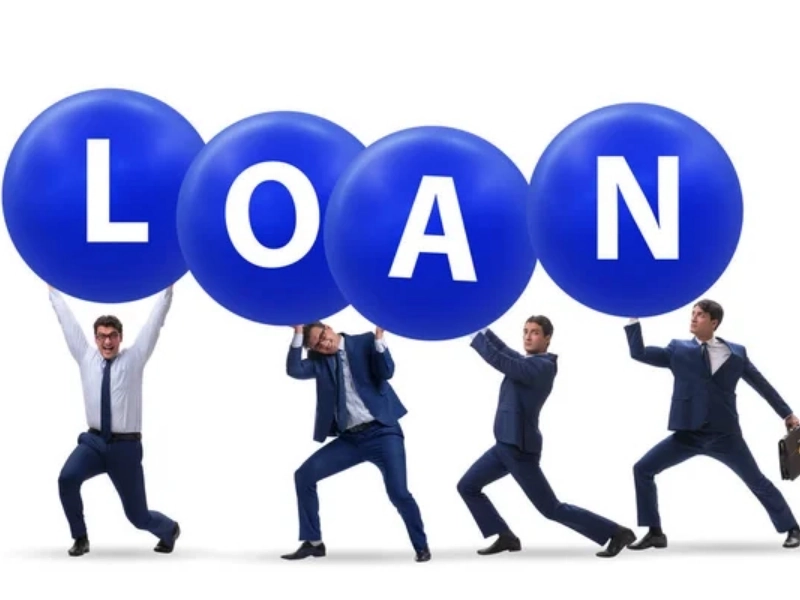 Using a cash-out refinance, you can access your home's equity. With a cash-out refinance, you receive a new loan amount that includes the whole of your debt and equity, as opposed to a rate-and-term refinance, which replaces your current mortgage. When the loan closes, you receive the equity in one big payment. The money can be used for anything, including debt repayment at a higher interest rate or house improvements.
There are benefits and drawbacks to cash-out refinances, just like any other loan type. Although the interest rates are higher than with a typical mortgage, it can lower your total mortgage payment. To be eligible for the loan, you must also have sufficient equity and a respectable credit score. Last but not least, the prices of the refinance are increased if you have to continue paying PMI until you regain 20 percent equity in your house. But if you use the additional cash carefully, it's usually worth it.
Using a cash-out refinance, you can access your home's equity. With a cash-out refinance, you receive a new loan amount that includes the whole of your debt and equity, as opposed to a rate-and-term refinance, which replaces your current mortgage. When the loan closes, you receive the equity in one big payment. The money can be used for anything, including debt repayment at a higher interest rate or house improvements.
There are benefits and drawbacks to cash-out refinances, just like any other loan type. Although the interest rates are higher than with a typical mortgage, it can lower your total mortgage payment. To be eligible for the loan, you must also have sufficient equity and a respectable credit score. Last but not least, the prices of the refinance are increased if you have to continue paying PMI until you regain 20 percent equity in your house. But if you use the additional cash carefully, it's usually worth it.
4.Unity
 A debt consolidation refinance lowers the interest rate on several loans by combining them into one. By doing this, borrowers may be able to manage their credit repayment responsibilities and pay off their loan sums more quickly.
It's crucial to remember that debt consolidation only succeeds if you pledge to follow through on your financial discipline and are prepared to cut back on your future purchases. If not, you can end up with debt problems once more.
The most popular kind of loan that consumers refinance is a mortgage. Homeowners who refinance their mortgage may be able to adjust their interest rates, shorten their terms, and/or take advantage of equity payouts. The kinds of debt you need to consolidate and your goals will determine the best kind of refinance. A variety of refinance alternatives are available from some lenders, including streamline refinances and rate-and-term refinances, which let you cut your rate without requiring proof of income or property value.
A debt consolidation refinance lowers the interest rate on several loans by combining them into one. By doing this, borrowers may be able to manage their credit repayment responsibilities and pay off their loan sums more quickly.
It's crucial to remember that debt consolidation only succeeds if you pledge to follow through on your financial discipline and are prepared to cut back on your future purchases. If not, you can end up with debt problems once more.
The most popular kind of loan that consumers refinance is a mortgage. Homeowners who refinance their mortgage may be able to adjust their interest rates, shorten their terms, and/or take advantage of equity payouts. The kinds of debt you need to consolidate and your goals will determine the best kind of refinance. A variety of refinance alternatives are available from some lenders, including streamline refinances and rate-and-term refinances, which let you cut your rate without requiring proof of income or property value.

